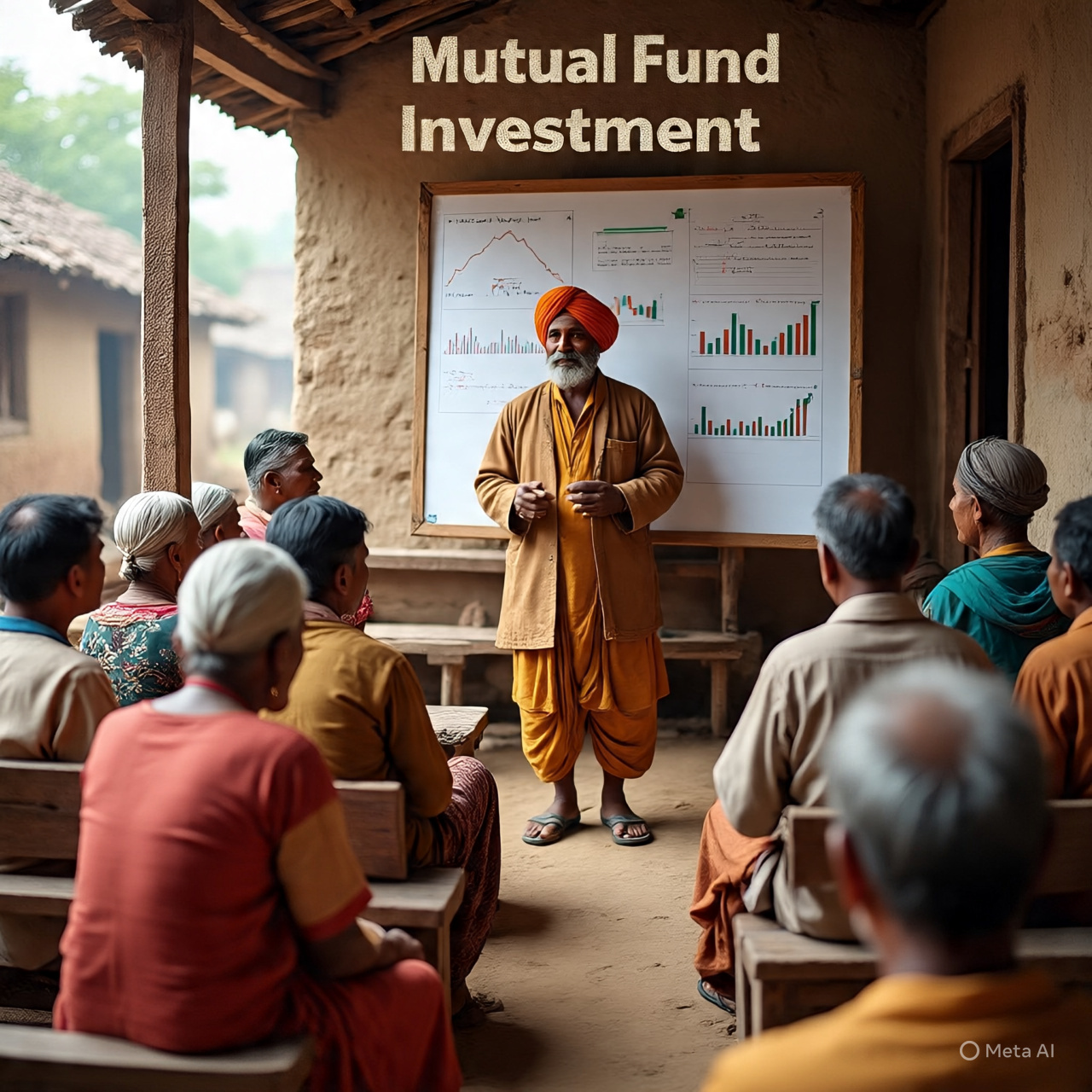The U.S.-based trading giant Jane Street operates in more than 45 countries. Remarkably, it has never faced allegations from any regulatory body—except the Securities and Exchange Board of India (SEBI). Following SEBI’s recent crackdown, regulators across the globe have begun to take notice. The U.S. Securities and Exchange Commission (SEC) has already obtained investigation data from SEBI. So the question arises: who’s truly afraid of Jane Street—the brokers, the exchanges, the regulators, or the retail investors? Let’s take a closer look.
Jane Street employs a wide range of algorithmic strategies, from simple to highly complex, and leverages high-frequency trading (HFT) platforms to execute trades at lightning-fast speeds—often in milliseconds. With massive capital deployment and multi-legged, layered strategies, its trading volumes and turnover are staggering.
In India, Jane Street holds accounts with all three major exchanges: BSE, NSE, and MSEI (Metropolitan Stock Exchange of India). It has been active in the Indian market for the past three years. Yet, SEBI’s scrutiny focused on data from just 21 selected trading days, primarily analyzing Jane Street’s positions in Bank Nifty. The firm was accused of employing “Intraday Index Manipulation” and “Extended Marking the Close” strategies. But this raises a crucial question: Are these strategies inherently illegal? The answer requires a thorough legal scrutiny.
The Beneficiaries—and the Worried
- Brokers have benefited immensely from Jane Street’s activity, earning substantial revenue from brokerage fees on high-volume trades.
- Exchanges have gained from increased turnover and related fees.
- The Government has collected revenue via STT, CGST, SGST, and stamp duty.
- In short, most institutions would welcome more entities like Jane Street on their platforms.
However, these same stakeholders are also wary.
- Brokers fear potential regulatory scrutiny for violations of open interest limits and possible front-running.
- Exchanges fear being accused of favoritism or failure of their surveillance mechanisms.
- Retail investors have arguably suffered the most, often losing out to the sheer speed and sophistication of HFT players like Jane Street.
- And SEBI? SEBI appears to be the most anxious of all.
Why Is SEBI So Concerned?
SEBI is the first regulator among 45 jurisdictions where Jane Street operates to formally accuse the firm of manipulative trading practices—specifically, violations of the Prohibition of Fraudulent and Unfair Trade Practices (PFUTP) regulations. In contrast, regulators in other countries, including the SEC, have yet to raise similar concerns.
One might reasonably ask: If the SEC—with its far more advanced surveillance infrastructure—hasn’t flagged Jane Street, how did SEBI come to its conclusion? Especially when:
- BSE reportedly couldn’t provide key trading data;
- SEBI lacks real-time monitoring capabilities for open interest violations;
- Its surveillance system cannot detect inter-exchange arbitrage (e.g., selling on one exchange and buying on another);
- It has no infrastructure to monitor intercontinental arbitrage (e.g., selling in India while buying in overseas markets, as often seen in ADR trades).
Despite these limitations, SEBI has taken a bold step by ordering Jane Street to deposit a staggering ₹4,843 crore in an escrow account. Interestingly, Jane Street complied without delay—possibly a sign of confidence that it will win the legal battle and recover the funds. However, should the case expose gaps in SEBI’s surveillance and enforcement mechanisms, the outcome could be deeply embarrassing for the regulator. The embarrassment would be compounded if the SEC were to eventually clear Jane Street of any wrongdoing, casting doubt on SEBI’s judgment and actions.
Back in the Game
Jane Street has resumed trading activities on Indian exchanges. Brokers are pleased. The exchanges are relieved. SEBI remains cautious, with its credibility hanging in the balance. Retail investors, meanwhile, may take some solace in believing the game was rigged from the start—stacked in favor of a global trading powerhouse.



